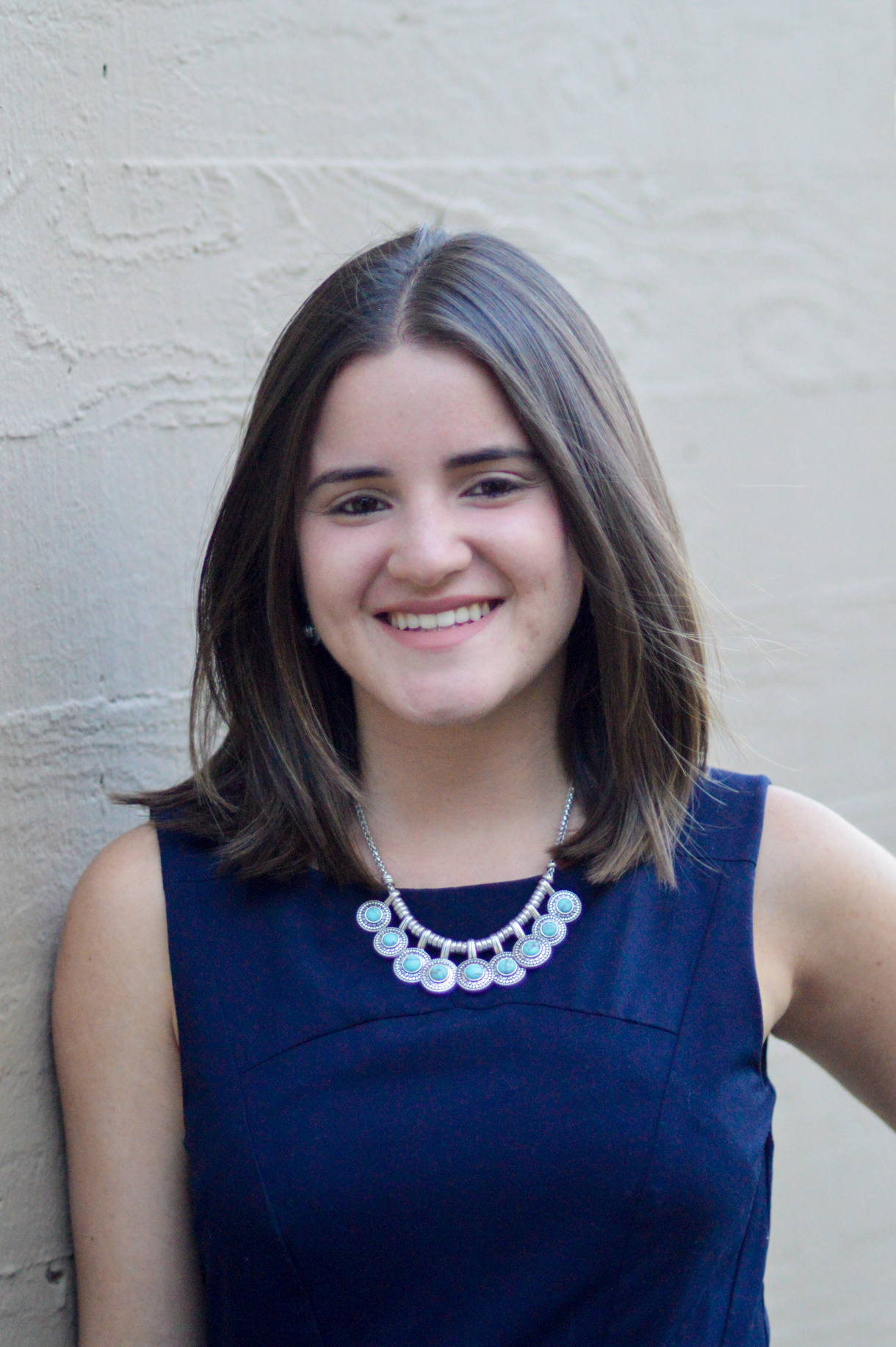Born in Havana, Cuba, María Cristina was raised in Miami, FL, and graduated from Stanford University in 2017 with a B.A. in Human Biology and a concentration in Sustainable Food System Development. While at Stanford, she centered her studies on obesity prevention, food waste reduction, and health policy, working closely with minority communities in East Palo Alto, San Francisco, and Miami. As a sophomore, María Cristina worked with the Stanford Prevention Research Center as a Nutrition Interventionist, helping implement a community-based trial to promote wellness in Latino neighborhoods. After receiving a grant from the Haas Center for Public Service, María Cristina interned with the Urban Oasis Project in Miami, where she worked to promote and increase low-income communities’ usage of Electronic Benefit Transfer (EBT) cards at farmers markets. As a senior, she worked as an Undergraduate Teaching Assistant (TA) in Health Care in America: An Introduction to U.S. Health Policy, where she led weekly discussion sections for undergraduates on topics focusing on the Affordable Care Act. Maria Cristina also worked closely with Stanford’s Hasso Plattner Institute of Design on projects related to food waste, sustainable agriculture, urban development, and civic engagement. As an Emerson Fellow, her hope is to become a champion of minority empowerment, social entrepreneurship, and anti-discrimination.
Field placement: Illinois Hunger Coalition
Chicago, Illinois
Policy placement: Center for Community Change
Washington, D.C.

